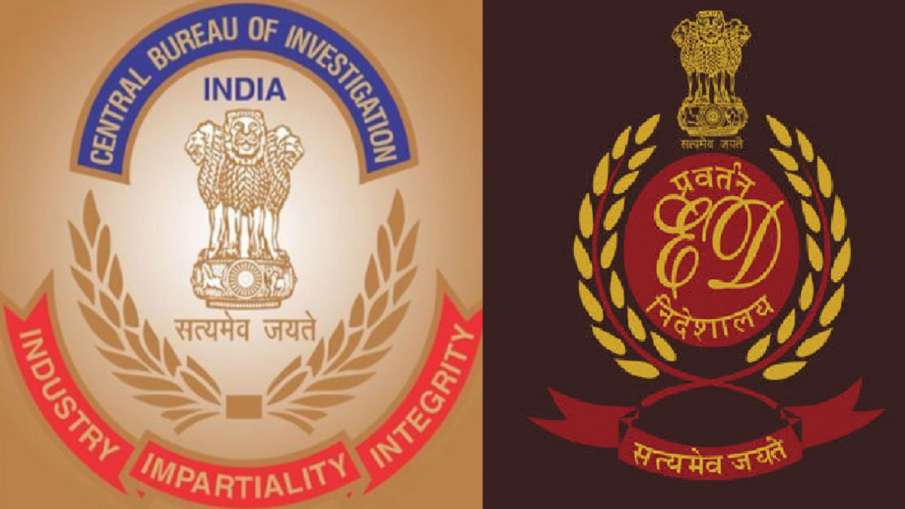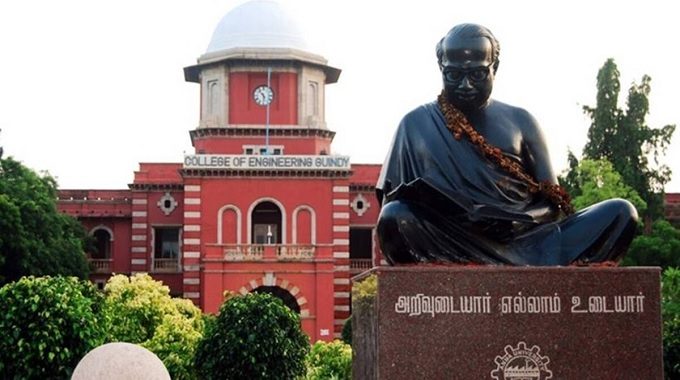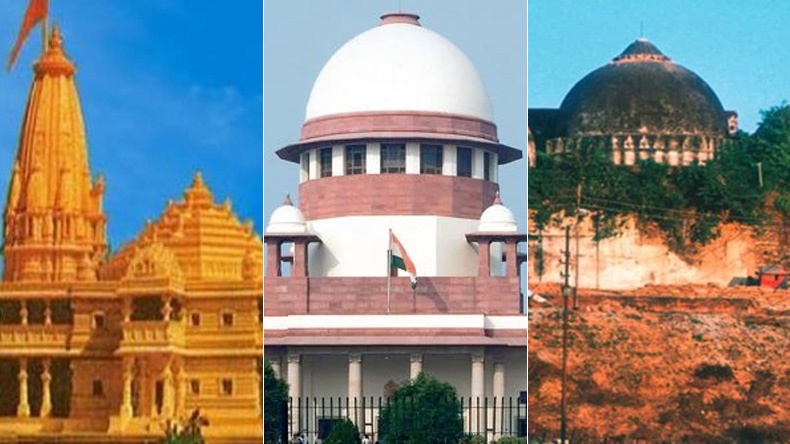The Supreme court on September 8 had dismissed a plea challenging retrospective change in the 2018 appointment order of Sanjay Kumar Mishra as director of the ED, saying that a reasonable period of extension can be granted to facilitate completion of ongoing investigations.
The top court had made it clear however that extension of tenure of officers who have attained the age of superannuation should be done in rare and exceptional cases.
It had also made clear that no further extension can be given to Mishra as the ED Director.
To Circumvent the order Union government issued ordinances, where the tenure of the Directors of the CBI and the ED can now be extended by up to three years after the mandated term of two years.
In both cases, an extension of a year each for three years can be given to the Directors after clearance by the committees constituted for their appointments, according to the ordinances.
Contenting this ordinace a PIL in the Supreme Court on Tuesday challenged the Constitutional validity of two ordinances promulgated by the Centre on November 14 under which the tenure of the Directors of the CBI and the Enforcement Directorate can now be extended by up to three years after the mandated term of two years.
The PIL alleged that the Central Vigilance Commission (Amendment) Ordinance and the Delhi Special Police Establishment (Amendment) Ordinance are unconstitutional, arbitrary and ultra-vires to the Constitution and urged their quashing.
The PIL, filed by lawyer M L Sharma in his personal capacity, said that the central government has misused its power under Article 123 of the Constitution which deals with the Power of the President to promulgate Ordinances during recess of Parliament.
It alleged that the ordinances are aimed at circumventing the apex court’s directive in the verdict on a PIL that had challenged the retrospective change in the 2018 appointment order of Sanjay Kumar Mishra as ED Director leading to extension of his tenure.
By giving the government the power to extend the tenure of the heads of the two agencies to a maximum of five years, from two years, currently, the two ordinances carry the potential of further chipping away the independence of these agencies, the PIL said.
To issue writ of mandamus quashing impugned ordinances…dated November 14, 2021 being unconstitutional, illegal and ultra vires to the Constitution of India in the interest of justice, it prayed.









